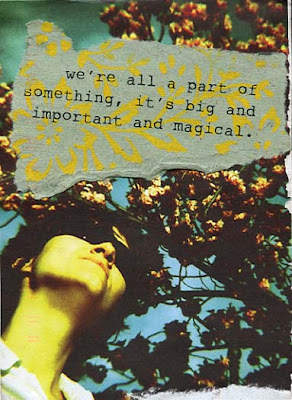1. Clothes that fit the size she is now, not the size she was five years ago
2. A weekly income that covers the rent (or mortgage payment)
3. An orgasm
4. Always enough toilet paper
5. A hair stylist she trusts
6. A favorite song, porn site, image, movie or fantasy that always gets her in the mood
7. Health insurance
8. A signature drink
9. A healthy relationship with her parents
10. Bras in the correct size
11. Enough alcohol in her home to offer drop-by guests a cocktail
12. An emergency hangover remedy
13. A voter registration card
14. A wardrobe that includes the perfectly flattering little black dress, a great pair of heels, jeans that make her ass look great, and a cute hat that hides a bad hair day
15. A yearly appointment with her gynecologist
16. The name of reliable movers to give her friends when they ask for help relocating
17. The gumption to ask a man out
18. A group of girlfriends who get it
19. A set of tools (and the ability to use them ... even if it’s just to hang a piece of art)
20. A balanced checkbook
21. No interest in men who just aren’t that into her
22. A vacation to look forward to at least once a year
23. A good bulls**t detector
24. The courage to stand up for herself and her beliefs
25. A favorite sex position
26. A set of hand towels so guests don’t have dry their hands on her bath towel (gross!)
27. Enough self-love to avoid and break off unhealthy friendships and relationships
28. A commitment to exercise
29. A retirement fund
30. A great vibrator












